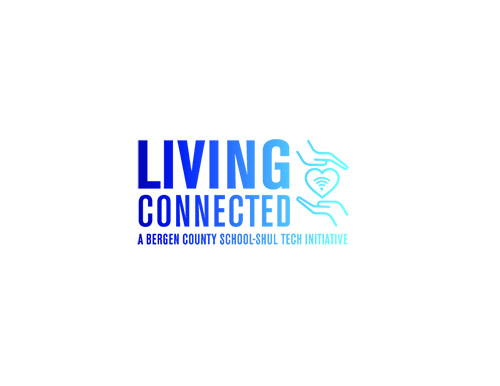
How do you know if someone is really listening to you? Really paying attention? Really focusing on what you are saying? Well, often it is hard to know for sure, but when it comes to noticing if someone is not listening or not paying attention, we can usually tell.
Frequent, awkward pauses in a phone conversation, eyes focused on their screen during a Zoom or Facetime call, earbuds in or even (and often) looking down at their phone during a face to face conversation, or worse, actually responding to a text while you are talking to them. You just know that they are not paying attention to what you are saying and, at best, it is uncomfortable but more likely it is hurtful.
Let’s raise another question: What do our children most want from us? Most need from us? Expensive gifts? Fun trips? What about structure and discipline or maybe independence and freedom? Which is it? What can we provide to our children to best help them grow in the most healthy way? The answer is: You! Children want their parents to pay attention to them and to listen to them.
Dr. Lisa Firestone, in Psychology Today, said, “Ensuring that our kids feel seen by us means that we should strive to get to know who they really are separate from our own projections. Here are some things to focus on:
“Most important, Listen: The first and simplest step is to make sure to take time to listen to our kids. While attempting to raise our kids, we often have countless other pressures in our lives. It’s easy to get lost in our own worlds. Making listening to our kids a priority can help them feel understood for who they really are and whatever they’re going through. Our kids won’t always be logical, and their emotions may not always make sense to us, but our willingness to sit with them and hear them out matters in and of itself.”
Carolyn Simmons, in an article, wrote, “What do children want? They want time with their parents. During that time, they want their parents’ undivided attention. They want their parents to listen to them in a respectful way, without correcting them. Parents are the most important people in their children’s lives. Our children are the most important people in our lives.”
So, can our children tell when we are distracted, when we are not listening, when we are not fully focused while we “listen” to them? The answer is YES. If you’re “talking” with your child and your earbuds are still in your ears, or you’re sending texts, reading emails or even just holding your phone in your hand, you’re not really “listening” to your child. And even if you are, your child does not feel like they have your full attention, that listening to them is your priority.
With the internet and specifically social media, now more than ever our children need us to listen to them. More than our advice, guidance or rules they need to feel that they have our undivided attention when they talk to us. We can communicate to our children how important they are to us and how much we value what they have to say if we pause when they start to talk to us and we physically put down our phones or say, “Wait a second, what you have to say is important, give me a moment to shut down or mute my phone so that I won’t be distracted when you are speaking.”
It is not only the serious conversations that require our attention but even, or perhaps especially, with the “casual” conversations, our children need to see that we are listening to them. When they share with us something about their day, or something they are excited about, let’s remove the distractions and show our children that we are listening.
Recently, in an article in The Jewish Link, Rabbi Goldberg introduced Living Connected: A Bergen County School-Shul Tech Initiative. Members of all RCBC shuls, in conjunction with our local elementary and high schools, joining together to examine and consider the influence that technology has on our lives. The first direct focus of this important initiative is “Being Present in a World of Distractions,” where we are encouraging parents to “be present,” device and distraction free, for our children. We want our children to talk to us; we need our children to talk to us, so we need to show them that we are listening.
The authors above are heads of school, respectively, at: Yeshivat Noam, The Moriah School, Yavneh Academy, Rosenbaum Yeshiva of North Jersey, Yeshivat He’Atid, Tenafly Chabad Academy and Ben Porat Yosef.
By Rabbi Chaim Hagler, Rabbi Daniel Alter, Rabbi Jonathan Knapp, Rabbi Daniel Price, Rabbi Tomer Ronen, Mrs. Orite Rubinstein and Rabbi Saul Zucker











